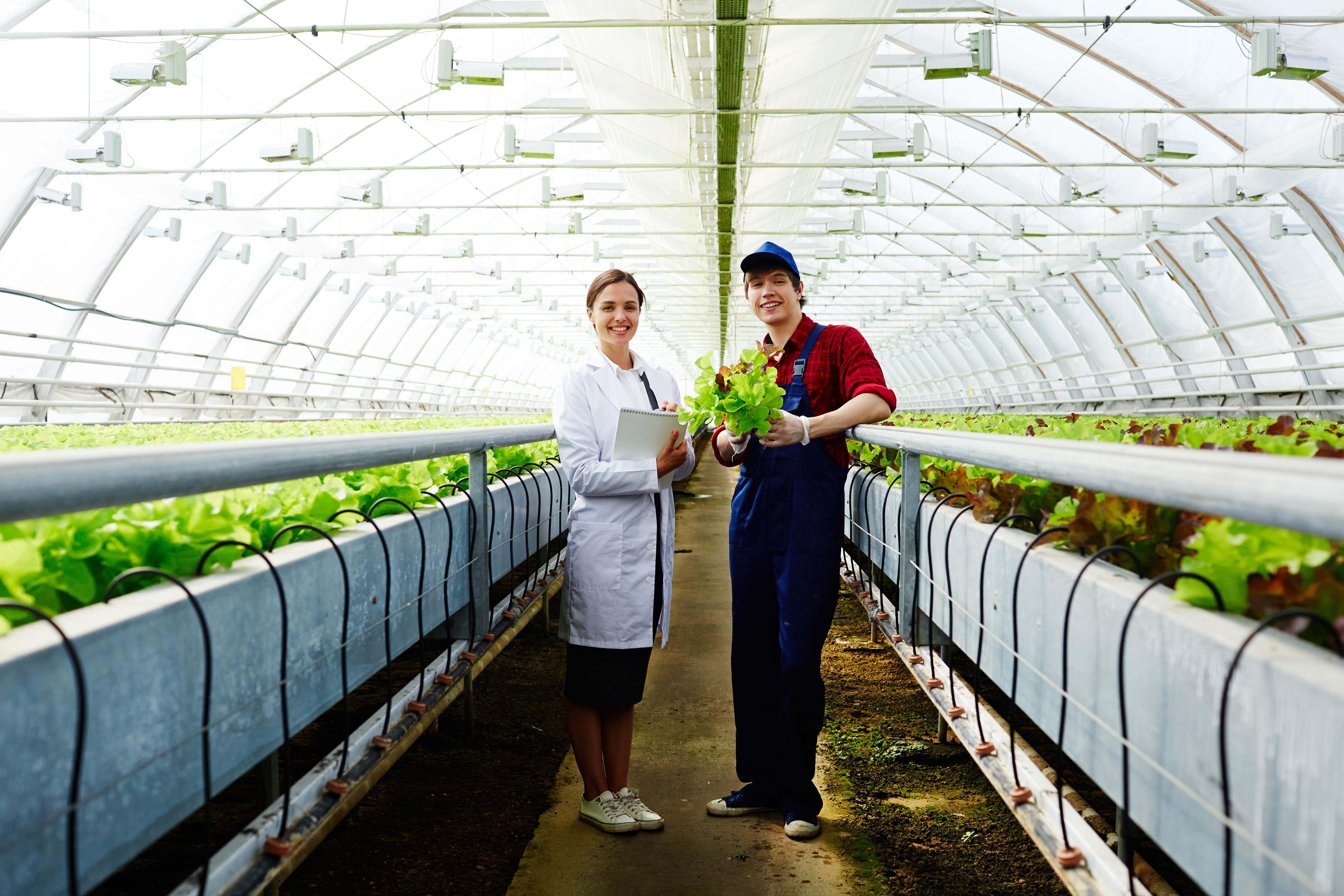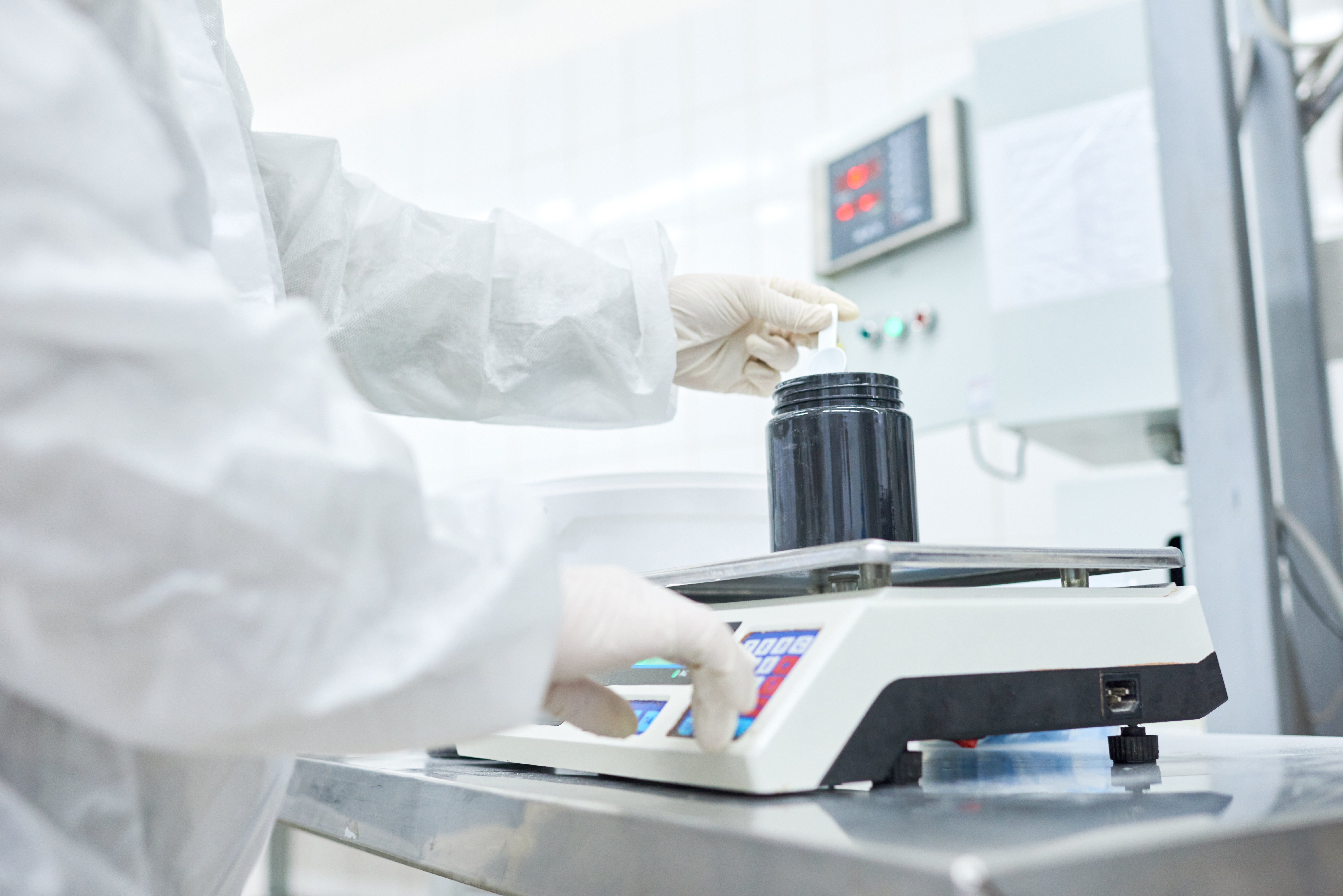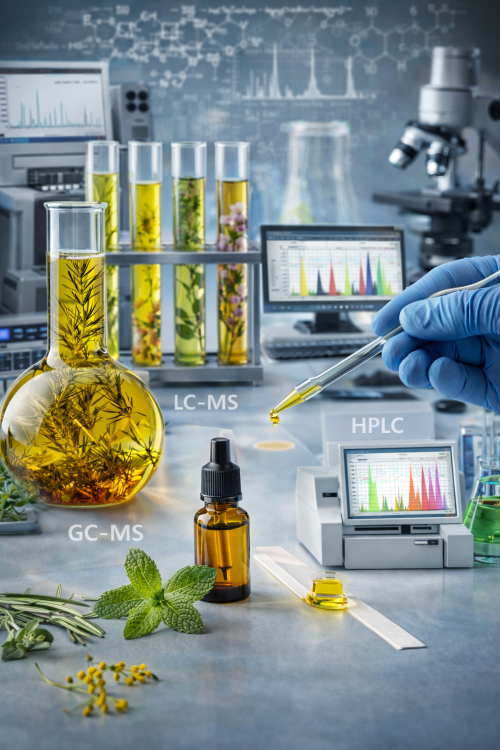
Sustainable Development
As the natural product market expands, it's critical to understand and protect the ecosystems where medicinal and aromatic plants grow. Sustainability is a process comprised of identifying steps that lead to more resilient and diverse natural and human systems.
“Sustainable Development is development that meets the needs of the present without compromising the ability of future generations to meet their own needs.”

At APRC®, we evaluate the sustainability of biological resources used in the natural products industry. These assessments can:
- Identify and evaluate potential negative impacts.
- Identify solutions to challenges.
- Encourage regenerative supply chains.
- Educate public and clients on ecological awareness.
- Ensure quality and long-term sourcing.
Collaboration between growers, distillers, and buyers in the natural products sector is key to creating economic, social, and environmental abundance and prosperity.
APRC Programs
We conduct research and assessments under 4 thematic areas:
1. Wildcrafted Forest Species
Products such as Frankincense, Palo Santo, and Spikenard are harvested from plants that grow wild, not in plantations.
2. Cultivated Species
Plants such as Lavender, Rosemary, and Tea Tree (Melaleuca) are harvested from cultivated farms.
3. New And Emerging Species
Thousands of plant species are used to produce natural products, many of which have not yet been discovered, distilled, and tested.
4. Threatened And Endangered Species
Some species harvested in the wild are in danger of decline and extinction due to overuse and habitat loss.
Species

